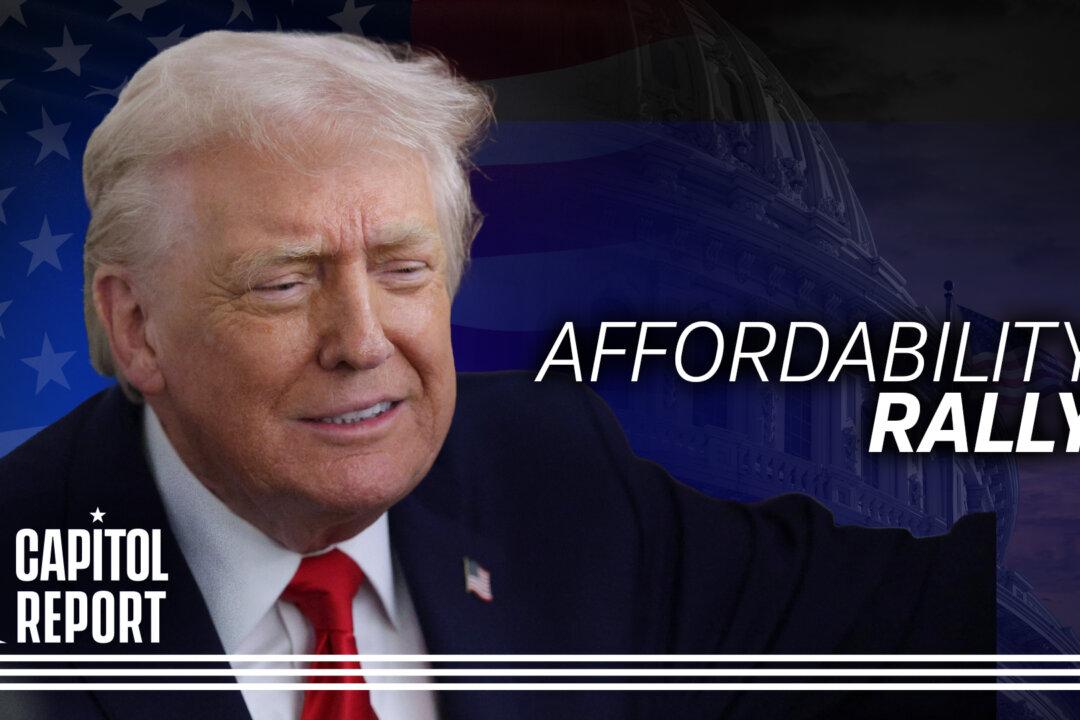A trio of Southern California felons—including a convicted murderer—were charged with allegedly swindling the state for unemployment benefits during the CCP virus pandemic.
Rosalva Bahena, from Fullerton, was among those charged for allegedly conspiring to defraud the Economic Development Department (EDD). She had previously served three years in prison after pleading guilty in 2017 to carjacking. A plea bargain deal led to the dismissal of charges for kidnapping, car theft, and buying or receiving a stolen vehicle.





